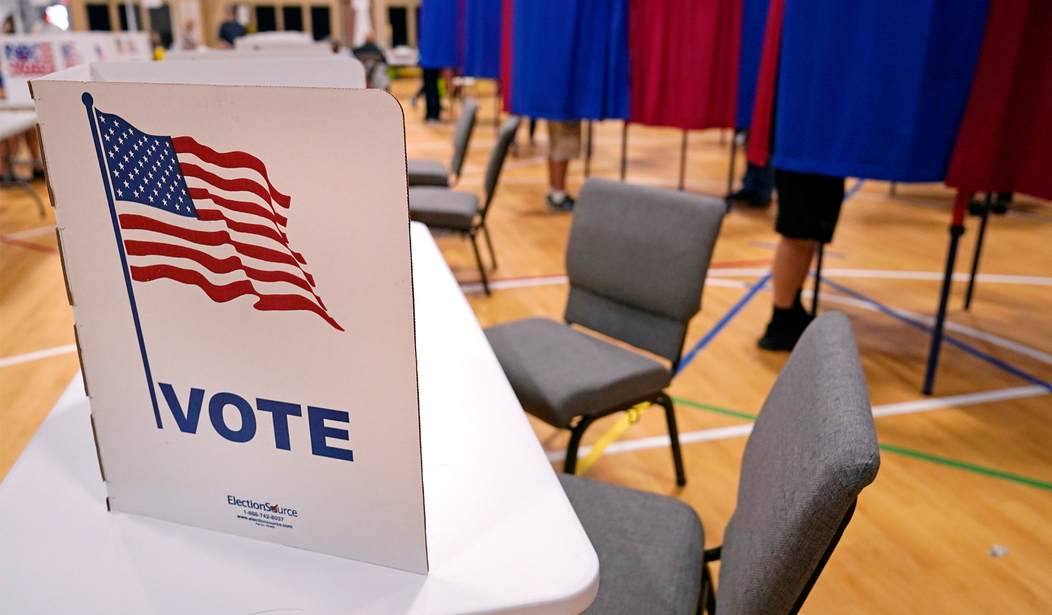The North Carolina Supreme Court struck down a voter ID law, claiming a "racially motivated purpose."
The 2018 law required residents to present identification before being able to vote.
The Supreme Court's ruling affirmed that the policy was "motivated by a racially discriminatory purpose."
It was passed along party lines in a 4-3 vote, with Democrats for the measure and Republicans against it.
Meanwhile, Nebraska passed a voter ID measure for upcoming elections.
The state was one of the states that did require its residents to show an ID to vote.
Republicans say that the 2020 election revealed that "people had a concern about the integrity of our voting systems." They claimed the measure was needed to prevent future abuse and confusion surrounding the election.
Democrats are against voter ID requirements because they believe it hampers voter turnout from minorities.
Additionally, NBC News reported that voter ID laws "disproportionally" affect transgender people.
Recommended
"As Gen Z gears up to hit the polls, transgender voters are concerned they might be blocked from casting their ballots," anchor Joe Fryer said. Adding,"“it can be dangerous for trans to vote"”
They claim that voter ID laws disproportionally impact trans people because their IDs and gender usuallydon'tt match how they may identify.
Two-thirds of states in the U.S. require some form of ID for Americans to vote.
However, Republicans argue that voter ID laws are crucial because it prevents fraud and keeps the chain of custody intact while allowing election integrity to be upheld.

























Join the conversation as a VIP Member